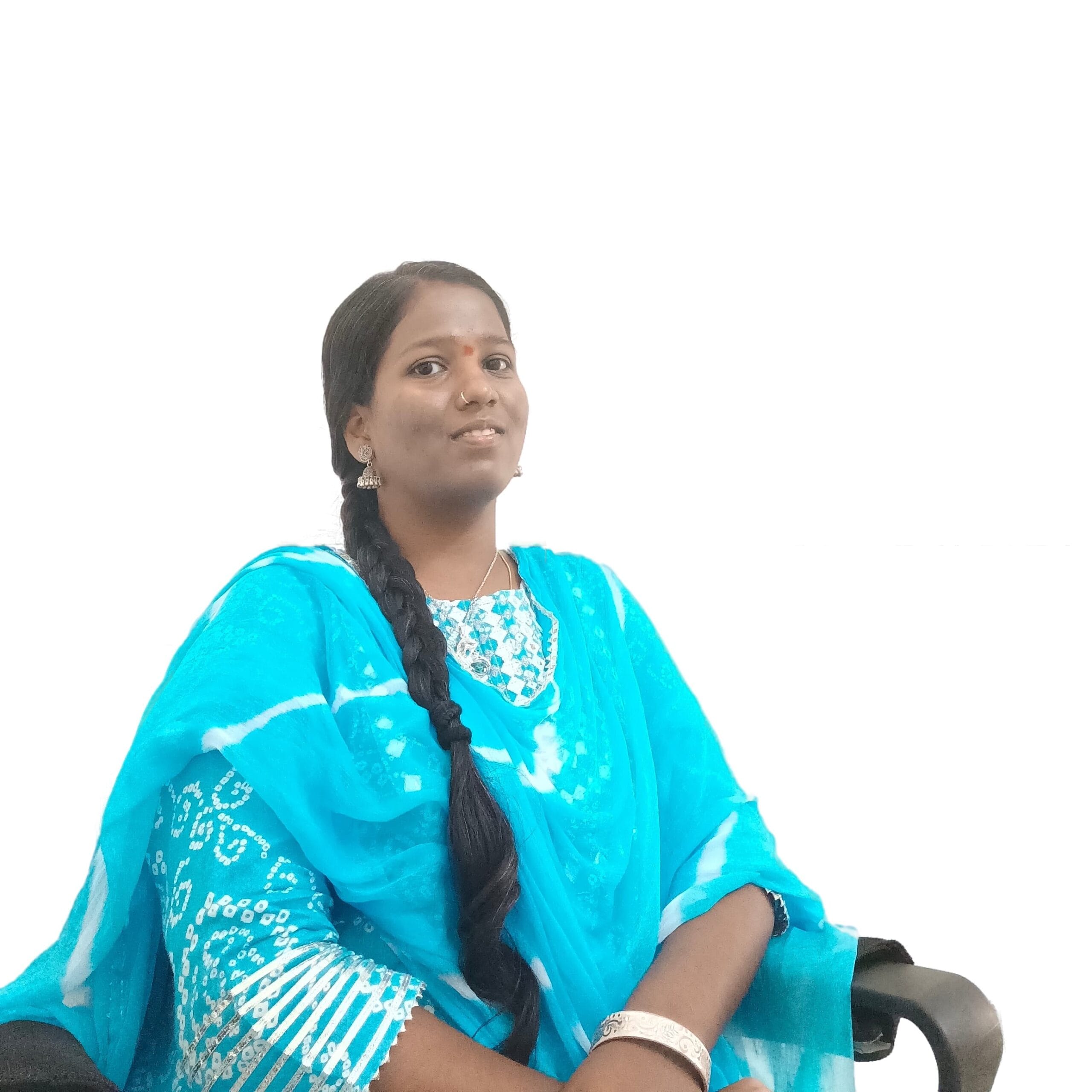At Manoshanti Mental Health Care, our mental clinic offers comprehensive mental health services to help individuals navigate psychological challenges such as depression, anxiety, PTSD, bipolar disorder, and more. Our team of experienced professionals, including psychiatrists, psychologists, and counselors, is dedicated to providing evidence-based treatments that cater to individual needs.
Our mental clinic emphasizes early intervention, which can significantly improve treatment outcomes. We use advanced therapies like Cognitive Behavioral Therapy (CBT), Dialectical Behavioral Therapy (DBT), and Mindfulness-Based Therapy for conditions like depression, anxiety, trauma, and more severe disorders. With personalized care and holistic treatment plans, we aim to restore balance and well-being to our clients’ lives.
Benefits of Seeking Help at a Mental Clinic
- Personalized Treatment Plans: Tailored care based on your specific mental health challenges.
- Confidential Support: We ensure that all sessions are confidential and provide a safe environment to share your thoughts.
- Holistic Approach: We focus not only on treating symptoms but also on enhancing overall mental well-being.
- Expert Guidance: Work with experienced therapists and psychiatrists who use cutting-edge techniques to promote long-term recovery.
Our Approach to Mental Health Care
Early Diagnosis and Intervention
Our mental clinic specializes in identifying symptoms early on to prevent the worsening of mental health issues. Timely diagnosis and treatment are key to recovery, and we use thorough assessments to identify underlying issues.
Individual and Group Therapy
We offer both individual counseling and group therapy sessions. Group therapy provides support through shared experiences, while individual therapy focuses on personal challenges in a one-on-one setting.
Long-Term Mental Wellness
At our mental clinic, we not only provide immediate treatment but also equip clients with the tools for long-term mental wellness. This may involve follow-up care, mindfulness practices, lifestyle adjustments, and ongoing support.
Frequently Asked Questions
1. What are the common conditions treated?
A mental clinic treats a wide range of mental health conditions, including anxiety disorders, depression, bipolar disorder, schizophrenia, post-traumatic stress disorder (PTSD), and substance use disorders.
2. Do I need a formal diagnosis before visiting a mental clinic?
No, you do not need a formal diagnosis. If you’re experiencing any mental or emotional distress, our mental clinic can perform an initial evaluation to identify the right course of action.
3. Can I receive therapy and medication from a mental clinic?
Yes, our mental clinic offers both psychotherapy and medication management. A psychiatrist may prescribe medication if necessary, while therapy is provided by licensed psychologists or counselors.
4. How often will I need to visit?
The frequency of visits depends on the severity of your condition. Some clients may require weekly sessions, while others may need less frequent follow-ups based on their progress and treatment plan.
5. Are mental health services covered by insurance?
Many mental health services are covered by insurance, but it’s best to check with your provider. Our mental clinic can assist you in navigating insurance coverage for treatments.
6. What is the role of a psychiatrist?
A psychiatrist at a mental clinic evaluates, diagnoses, and prescribes medications for various mental health conditions. They also work alongside therapists to develop a holistic treatment plan.
7. Can I switch therapists if I’m not comfortable?
Yes, if you feel that you are not comfortable with your therapist, you can request to switch to another mental health professional within the clinic. It’s essential that you feel comfortable and supported throughout your treatment.
8. How can I prepare for my first visit to a mental clinic?
For your first visit, it’s helpful to note down any symptoms, concerns, and questions you may have. Be ready to discuss your mental and physical health history, as well as any significant life events that may be affecting your well-being.
9. Is group therapy as effective as individual therapy?
Both group and individual therapies offer unique benefits. Group therapy provides a sense of community and support, while individual therapy offers personalized attention to your specific issues. Depending on your condition, a combination of both might be recommended.
10. Can mental health issues be treated without medication?
Yes, many mental health conditions can be treated with therapy alone. However, for certain disorders like bipolar disorder or severe depression, a combination of medication and therapy is often more effective.
11. How do I find the right mental clinic for my needs?
When choosing a mental clinic, consider the clinic’s areas of specialization, the qualifications of its mental health professionals, and the range of services offered. It’s also important to ensure that the clinic provides a comfortable and confidential environment.
12. What is the success rate of treatment?
The success of treatment at a mental clinic depends on various factors, including the severity of the condition, the type of therapy used, and the individual’s engagement in their treatment. With consistent effort and professional guidance, many clients experience significant improvements.
















































